Environmental stressors have a profound impact on skin health and regeneration. Factors such as pollution, UV radiation, and climate changes disrupt the skin’s natural processes, leading to accelerated aging, skin damage, and impaired healing. Understanding these impacts is crucial for developing effective skincare strategies to mitigate their effects and promote optimal skin regeneration.
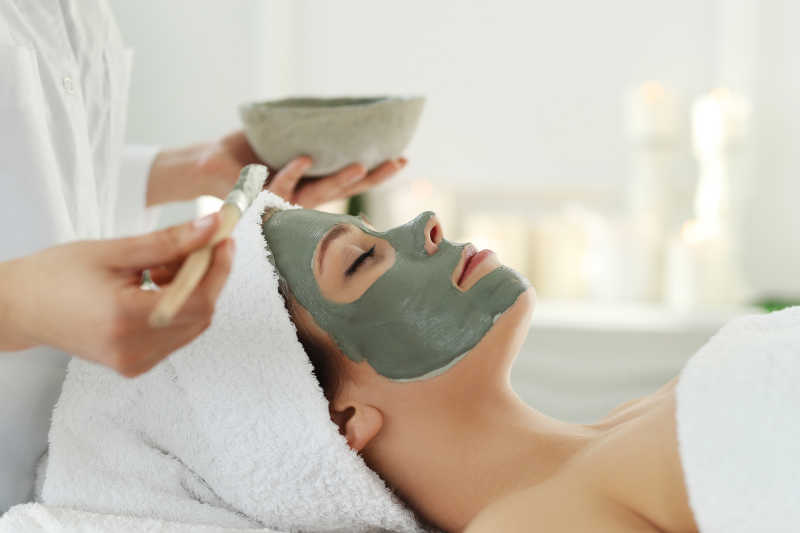
1. Pollution and Its Effects

Air pollution is a major environmental stressor affecting skin health. Pollutants such as particulate matter, nitrogen dioxide, and ozone can penetrate the skin, causing oxidative stress and inflammation. This stress can damage skin cells, leading to premature aging, fine lines, and wrinkles. Additionally, pollutants can interfere with the skin’s natural repair mechanisms, making it more difficult for the skin to recover from damage.

To combat the effects of pollution, using skincare products with antioxidants is essential. Antioxidants like Vitamin C, E, and green tea extract help neutralize free radicals generated by pollution, reducing oxidative damage. Regular cleansing and exfoliation are also important to remove pollutants and prevent them from accumulating on the skin.
2. UV Radiation and Skin Aging

Ultraviolet (UV) radiation is another significant environmental stressor affecting skin regeneration. Prolonged exposure to UV rays can damage the skin’s DNA, leading to photoaging, characterized by wrinkles, age spots, and loss of skin elasticity. UV radiation also depletes the skin of essential proteins like collagen and elastin, which are crucial for maintaining skin structure and firmness.

To protect the skin from UV damage, daily use of broad-spectrum sunscreen with a high SPF is crucial. Sunscreens should be applied generously and reapplied every two hours, especially after swimming or sweating. Additionally, wearing protective clothing and seeking shade during peak sunlight hours can further reduce UV exposure and prevent skin damage.
3. Climate Changes and Skin Health
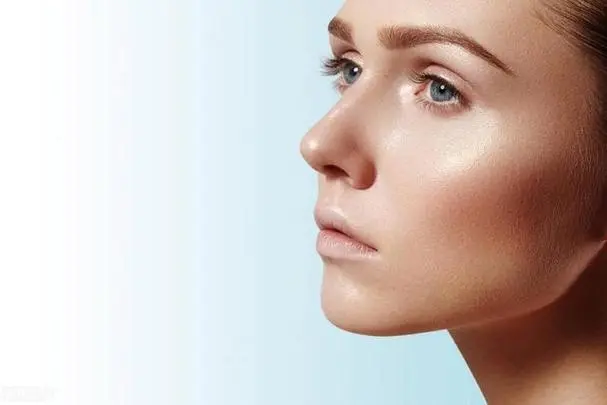
Climate changes, including fluctuations in temperature and humidity, can also impact skin regeneration. Extreme temperatures, whether hot or cold, can disrupt the skin’s moisture balance, leading to dryness, irritation, and compromised skin barrier function. Low humidity can exacerbate skin dryness, while high humidity may contribute to excess oil production and acne.

To manage the effects of climate changes, it is important to adjust your skincare routine according to the season. In colder weather, use richer, hydrating moisturizers to combat dryness and protect the skin barrier. During hot and humid conditions, opt for lighter, oil-free products to prevent excessive oiliness and breakouts. Regular hydration, both internally and externally, is key to maintaining healthy skin regardless of climate conditions.
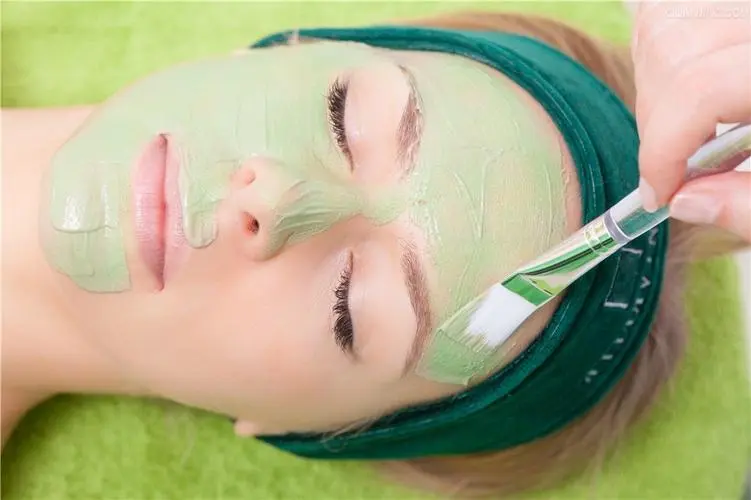
4. Stress Management and Skin Health

Psychological stress, though less directly environmental, can also affect skin regeneration. Stress can trigger inflammatory responses in the skin, leading to conditions such as acne, eczema, and psoriasis. Additionally, stress can negatively impact sleep quality, which is crucial for skin repair and regeneration.
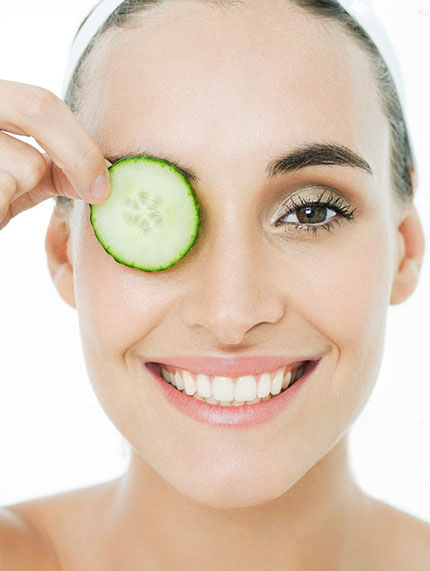
Effective stress management techniques, such as mindfulness, exercise, and adequate sleep, can support skin health and overall well-being. Incorporating relaxation practices into your daily routine can help reduce the negative impact of stress on your skin and promote a healthier complexion.
Conclusion
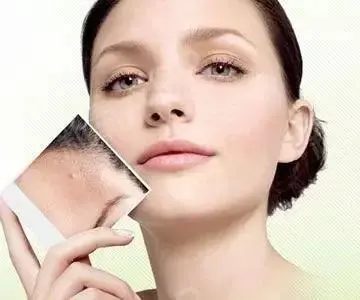
Environmental stressors, including pollution, UV radiation, climate changes, and psychological stress, have a profound impact on skin regeneration. Addressing these factors through appropriate skincare practices and lifestyle adjustments is essential for maintaining healthy skin and supporting its natural healing processes. By understanding and mitigating the effects of environmental stress, you can enhance your skin’s resilience, promote effective regeneration, and achieve a radiant, youthful appearance.

